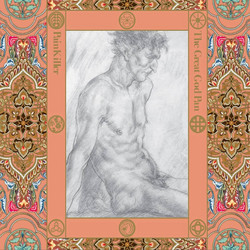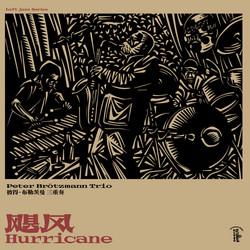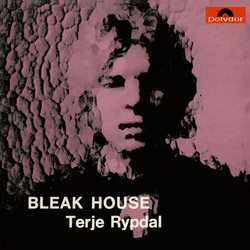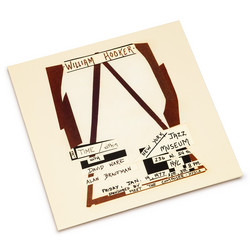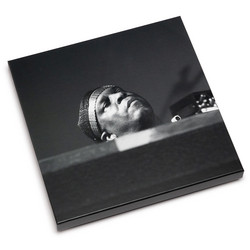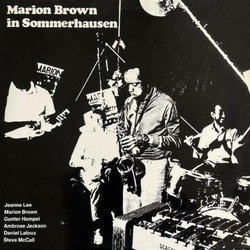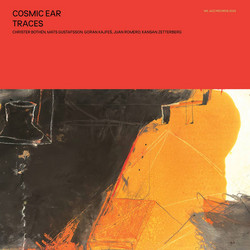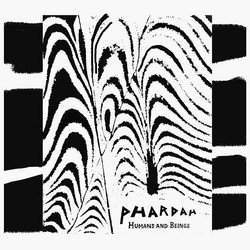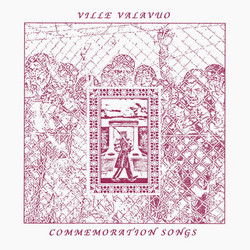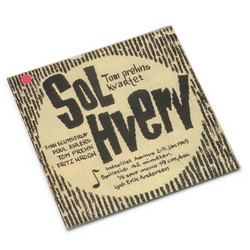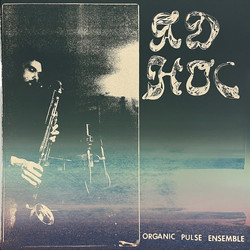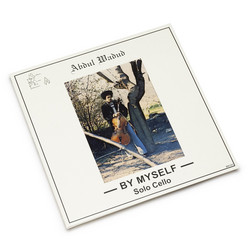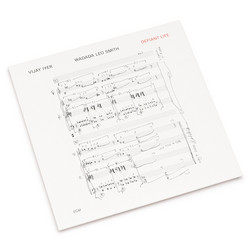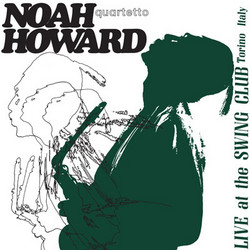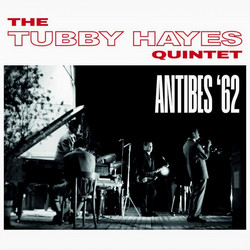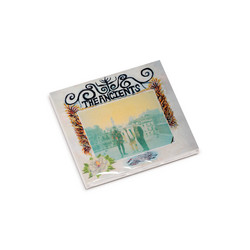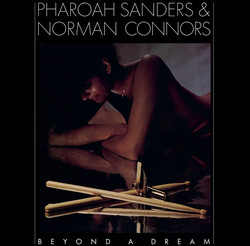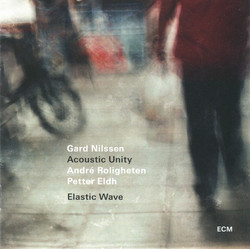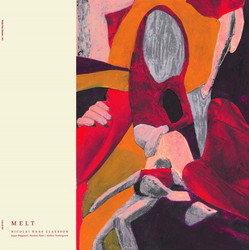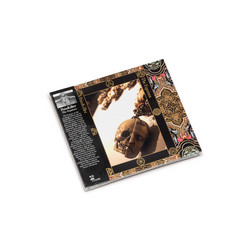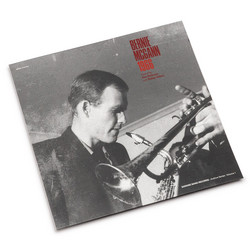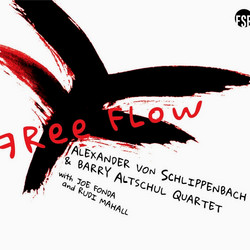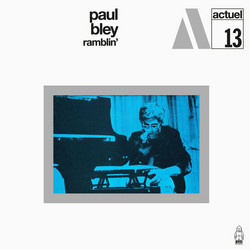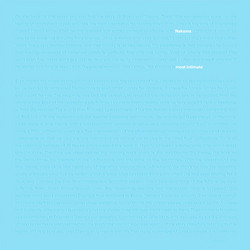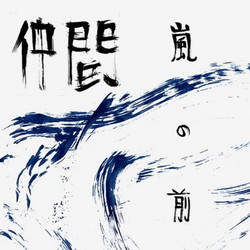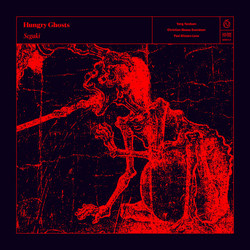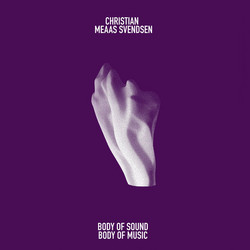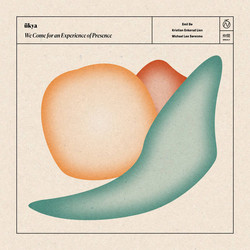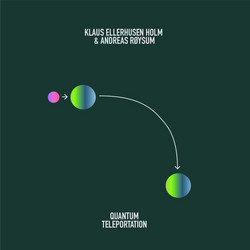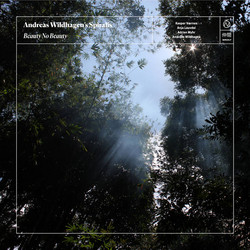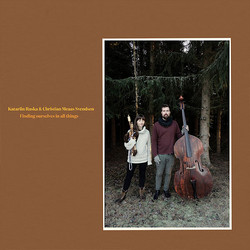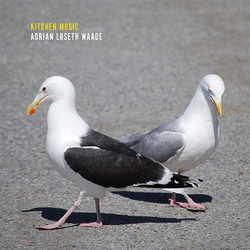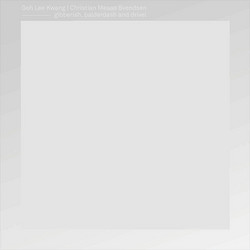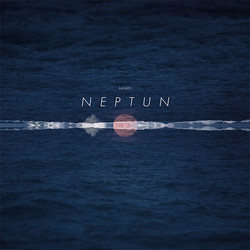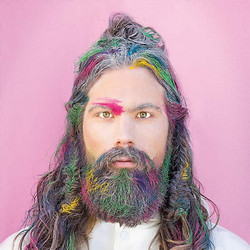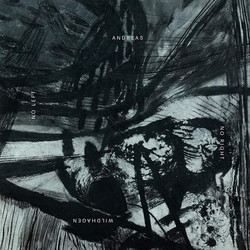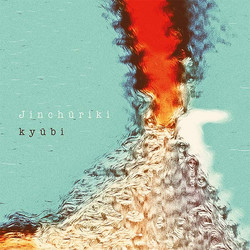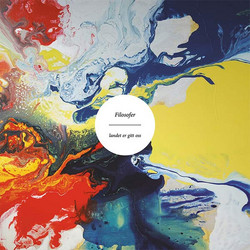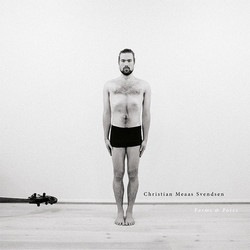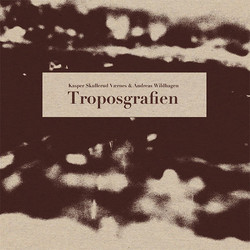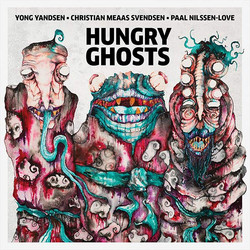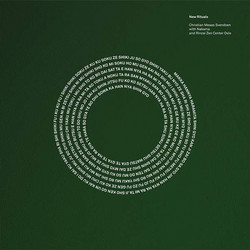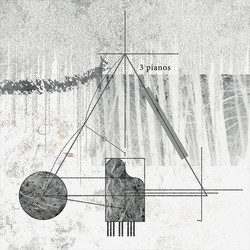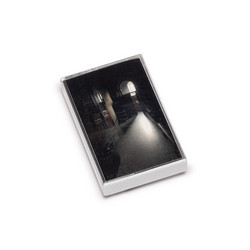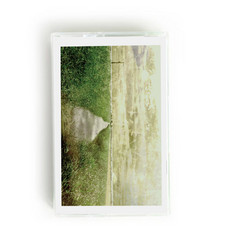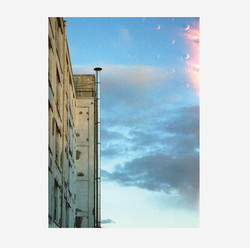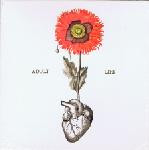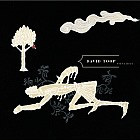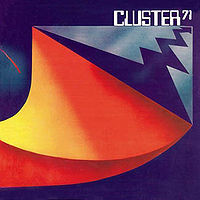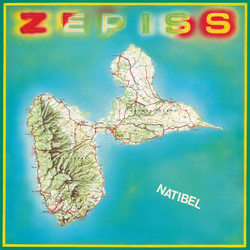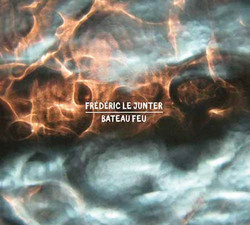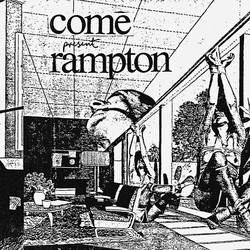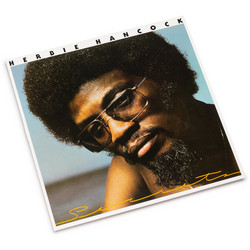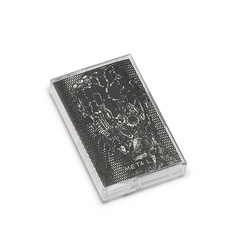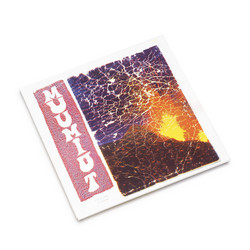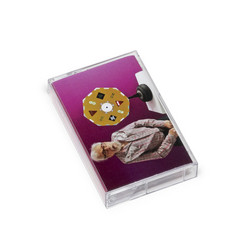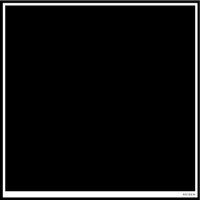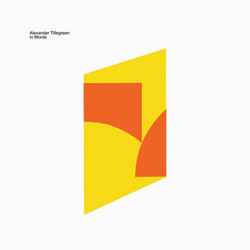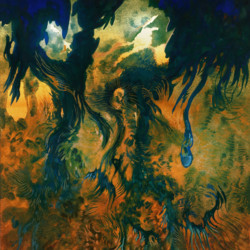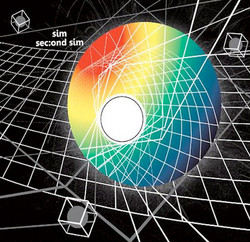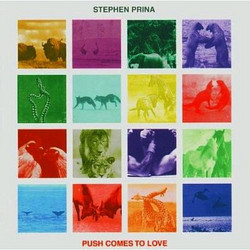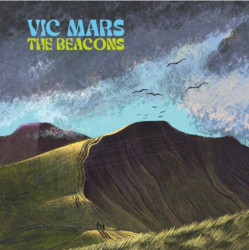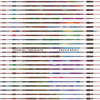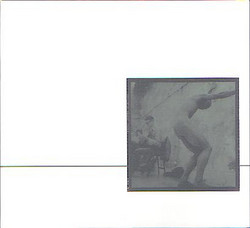**CD version** The music on Grand Line consists of two separate components: musical compositions and form compositions, and explores form as a malleable object in shaping musical content. Founded on a fixed music material it is an approach which mixes arbitrariness with intention, and at the same time relying heavily on the creativity of the players involved. The sounding result might seem entropic, and at times leave both listeners and performers puzzled and perplexed, but the goal with the recording has not been to restate what has already been defined or accepted, but to challenge recognizable patterns and contribute to the expansion and evolution of our musical consciousness and the multitude of possibilities in which musical events can order themselves.
"The Norwegian quartet Nakama is one of the most interesting and challenging working bands today. The quartet released its bold debut album, Before the Storm, that investigated silence as key element in its musical syntax on the end of 2015, now releasing an altogether different one, Grand Line, and already recorded a third one. The quartet is led by prolific double bass player and composer Christian Meaas Svendsen and featuring pianist Ayumi Tanaka, violinist Adrian Løseth Waade and drummer Andreas Wildhagen. All are playing in countless other groups as Ayumi Tanaka Trio, Paal Nilssen-Love Large Unit, Mopti and Skadedyr. On this album Svendsen is questioning the basic concept of form, i.e. the recognizable patterns that are the main components of musical act, but without turning the musical act into form-less, open- ended, non-idiomatic free improvisation. The music on Grand Line is meant to suggest a space that floats freely between the pole of composed, set forms and the pole of the improvised textures. The compositions are built from two main components: musical compositions that dictate the content (themes, harmonies, rhythms, tempos, dynamics) and form compositions (referencing the choices within the compositions, leaping backwards or forwards or repeating a section, abstracted as lines, solid, dashed and horizontal, and circles that indicate repetitions). These compositional tools challenge the musicians to find new ways to combine between the arbitrary and the intentional elements, the linear, the cyclic and the exponential narratives, as well us, the listeners. This compositional method may sound cerebral, but it offers new insights and deeper understanding of the unique syntax of the musical language of Nakama. It expands the the vocabulary of the quartet, as a unit and as individual improvisers, in a manner similar to the great musical game of John Zorn, Cobra, or the works of contemporary, experimental composers as John Cage or Iannis Xenakis Despite the academic introduction the music sound fresh, flowing with its own inner logic and sense of fluid architecture and drama. It may sound weird and puzzling at first, but with repeated listenings it becomes more organic and coherent. Nakama interplay on Grand Line solidifies the minimalist and introspective, sometimes ritualistic of Before the Storm, performed with great focus and admirable invention. Nakama sound as group that has found its idiosyncratic voice that embraces the resourcefulness of its musicians – Tanka on the 28-minutes of «Doremingo + Taiko/Grand Line», Waade on «The Sun/Uzumaki», Wildhagen on «Nanika/Decks», and Svendsen throughout the album. Nakama language is still bold and intriguing, it navigates freely between the European school of free improvised music, free jazz modern and experimental contemporary music and ceremonial Buddhist music, and keeps expanding and refining it." - Eyal Haruevini / Salt Peanuts
